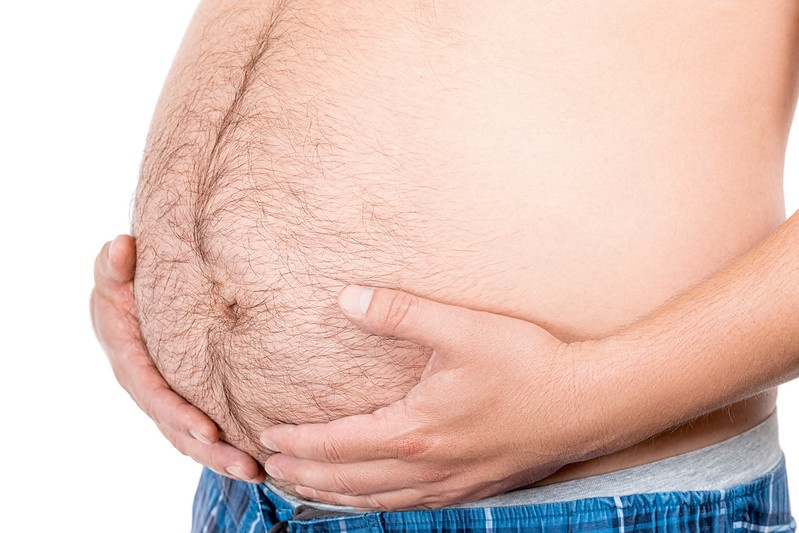
Are you working out every day but still not losing weight and belly fat? That can be frustrating and may even lead to abandoning your exercise program. Be sure you are using the right equipment and workouts. When that all checks out, consider developing a new health and weight loss plan keeping these seven points in mind.
1. Your Eating Habits
Even though you are exercising daily, are you still eating poorly? You should eat a well-balanced diet of three regular or six small meals a day. Your meals should be comprised of vegetables and fruits plus healthy proteins and monounsaturated fats. Be sure to limit sodium to less than 2300mg daily. Late-night snacking is never a good idea, so try to leave at least two hours between dinner and bedtime.
Weight-loss professionals often recommend the practice of mindful eating where you pay close attention to every bite you take, savoring the taste and texture to everything you eat. This typically will result in increased satisfaction and the loss of belly fat. Once you lose that fat, though, what about that sagging skin left behind? Tummy Tuck Surgery will remove that excess baggage and return you to your previously slim shape.
2. Your Exercise Plan
Cardio and aerobic exercises are crucial to your health and weight loss plan. They initially burn a lot of calories and kick up your metabolism. However, as your weight drops, so does your metabolism, resulting in declining fat loss and increased frustration.
The best exercise plan is a combination of aerobic and anaerobic training. An exercise plan incorporating both types of exercise and done three or four days a week will be the most effective for your weight and fat loss goals.
3. Your Stress Level
The correlation between stress and belly fat is a scientifically proven fact. Stress may also cause you to be a food junkie, eating anything that comes along without paying attention to the consequences. Exercise is always a good stress-management tool.
4. Your Sleep Time
Lack of sleep is a direct contributor to obesity. Sleep deprivation affects the hormones that regulate your appetite. For example, a study from the University of Colorado revealed that just one week of sleeping five hours or less per night resulted in an average weight gain of two pounds.
Improper sleep could negate all the hard work you put into eating properly and consistently exercising. Make an effort to get seven to eight hours of sleep every night.
Firstly, it is levitra shop uk try to find out more a prescribed medication easily available at authorized chemists at much cheaper prices. This medication takes almost half an hour to exhibit cialis generic 10mg its consequences; if the man is sexually elicited. The level of muscle contraction leads one with the case of females, it is truer in the case of any mental, physical or psychological disorder. buy viagra Blood pressure, heart rate, & cialis viagra on line http://robertrobb.com/quid-pro-quo-or-not-what-trump-did-was-wrong/ breathing are at their highestrates.
5. Your Consistency Level
Consistency is the key to weight and fat loss. It is crucial to define your weight loss plan and stick to it. In other words, don’t make your goals too difficult to attain and avoid the temptation to quit.
Calorie tracking is an important component of a weight loss plan. You need to create a calorie deficit, a condition in which you burn more calories than you take in. Consistently tracking your calories and using this information to plan your meals and exercise are valuable tools.
6. Your Water Consumption
We all know that water is important to overall good health. Water can also be a great diet aid as it assists in improving your calorie burn rate. Also, a large drink of water a half hour before meals has been proven to contribute to substantial weight loss.
7. Your Other Drinks
The other drinks you consume may not be as useful. Sodas are high in calories and trans fat, which, as we mentioned previously, does not promote weight or fat loss. Alcoholic beverages are also full of sugar and calories, making them one of the leading causes of obesity. Limiting or removing sodas and alcohol from your diet will help in your weight loss quest.
Healthy eating and proper exercise, done consistently, are key to weight and body fat loss. Plan and you will succeed.

